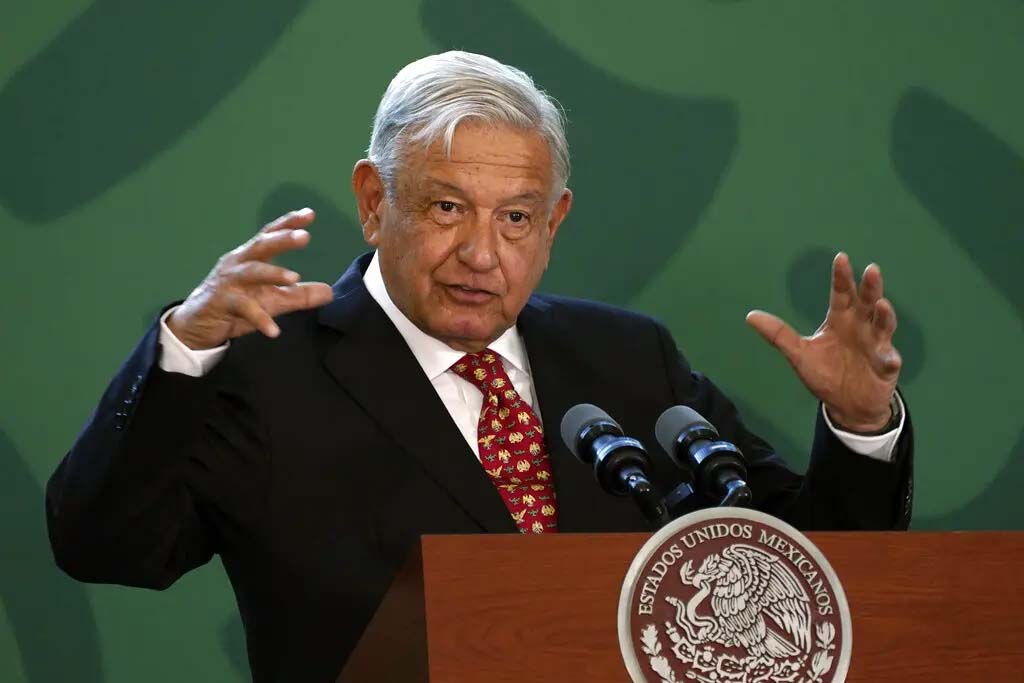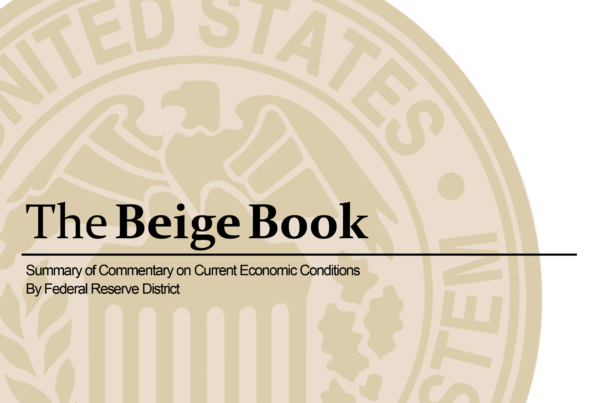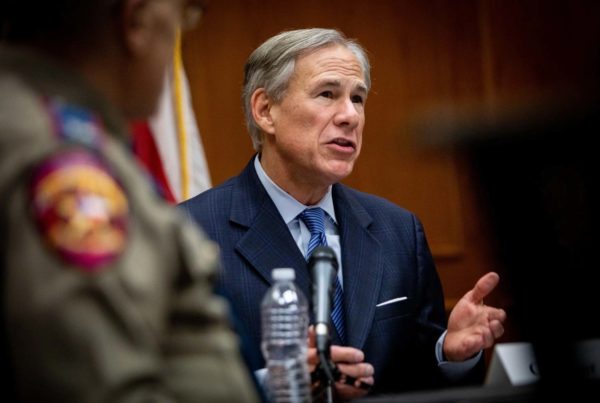From Houston Public Media:
It’s been two months since the Biden Administration opened a trade dispute against Mexico, arguing its efforts to block foreign investment in its fossil fuel and electric power sectors violate the US-Mexico-Canada Agreement, better known as the USMCA. Consultations with the Mexican Government are now under way. The law appears to be on the US’ side. But even if US wins, Texas companies aren’t likely to see much relief.
For decades, big US industrial firms have looked to Mexico as a place to manufacture goods at lower cost. But they’re now under growing pressure from shareholders and lenders to reduce their impact on the climate by using wind or solar energy to power their factories.
Kijana Mack, executive director of Mexico Energy Partners, represents many of these companies as they seek to enter or expand operations in Mexico. “They’ve really been urged by their shareholders, their stakeholders, as well as their lenders and customers to really move to green sources of energy,” Mack said. “And that’s just not possible for them right now at the large scale.”
A few years ago, it would have been, when the Mexican government reformed its constitution to open up the country’s electric power sector to private competition. It was dominated by CFE, the state electric power utility.
That change opened up the market until last year. Mexico’s current president, Andrés Manuel López Obrador, pushed a law through Congress that prioritized fossil fuel power generated by CFE. Mack said that’s discouraging his customers from new investment in Mexico.
“We do have partnerships with global investment funds. And those funds over the last certainly 6-12 months have shown a lot more optimism towards markets like Chile, markets like Colombia, with respect to renewable energy at the expense of Mexico,” Mack said.
López Obrador has made Mexico even less appealing to foreign investors by limiting permits for wind and solar power generation. He’s given state oil company Pemex a pass on environmental rules mandating low-sulfur content in gasoline, which private firms like Exxon don’t get. More broadly, he’s cut private companies’ ability to do business in the fossil fuels sector. And he’s restricted imports of natural gas, which hurts Texas.
“Mexico imports about 70% of the natural gas that it consumes, and 90% of that comes from Texas, so that’s a huge, huge amount of money,” said Veronica Irastorza, a principal with the Brattle Group and a former Mexican undersecretary of energy. “And also the same goes for gasoline and diesel.”
US Trade Representative Katherine Tai requested consultations with Mexico under the USCMA in July, laying out all the complaints. Lourdes Melgar, a former Mexican deputy secretary for energy, is a nonresident fellow with Rice University’s Baker Institute. She said that most Mexican analysts agree with the US, but that even if the US prevails, López Obrador is unlikely to change course.
“He has made it into not only a political issue, but a matter of sovereignty, of national sovereignty,” Melgar said. “The problem that we have right now is that the President has this new phrase. He has this sentence that he says is, ‘Don’t tell me that the law is the law.’ And basically, what he’s saying is that laws are unfair, and that he wants fairness. And therefore, he applies his own law.”
Melgar served in the administration of López Obrador’s predecessor, former President Enrique Peña Nieto. Peña Nieto’s Institutional Revolutionary Party (PRI) is the leading rival of López Obrador’s left-wing MORENA party. Melgar said there appears to be a personal element to the dispute as well.
“For some reason, our President has had a very difficult relationship with President Biden. It doesn’t have to do anything with President Biden. It has to do with our President. He was very close to Trump. And I think he was very close to Trump because they are very much alike. They’re very like-minded in many ways. And, you know, he’s really an autocrat who’s undermining Mexican democracy,” Melgar said.
Mariana Campero of the Center for Strategic and International Studies says if Mexico doesn’t change its policies, the result could be a panel that allows the U.S. to impose tariffs on Mexico.
“There will be tariffs imposed in other sectors that are very important for Mexico’s exports, for example, agricultural products, and even sugar,” Campero said.
Kijana Mack of Mexico Energy Partners says that any tariffs affecting the energy sector could actually pose a problem for Texas refineries, which rely on Mexican oil to make gasoline.
“We think that any penalties or tariffs would likely go towards the hydrocarbon sector, which right now, doesn’t experience any import-export tax, because largely those hydrocarbons go into US refineries and then those refined products are sent back to Mexico,” Mack said.
The trade dispute is likely to churn on at least until López Obrador’s term ends in just over two years.
“He’s entering the last third of his administration,” said Lourdes Melgar. “He’s due to complete his presidency in (December) 2024. And I think these are going to be kind of complex couple of years, just because he wants to make sure that he leaves power in the hands of somebody who’s going to continue his legacy.”















